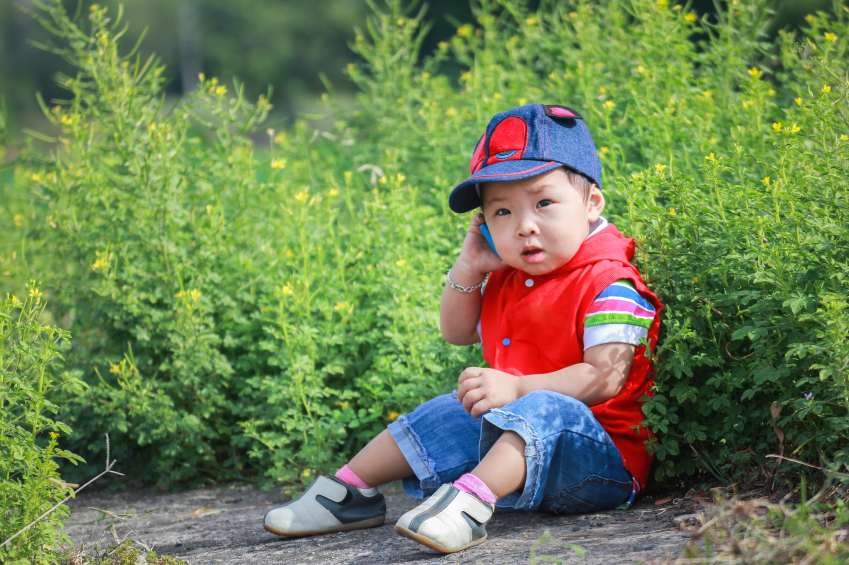 In October of last year, China finally did away with its one child policy. The policy originally went into effect in 1978 as a way to curb the growing population of China. In recent years, the policy has receded somewhat, but it remains a major issue for people who want to have kids in China.
In October of last year, China finally did away with its one child policy. The policy originally went into effect in 1978 as a way to curb the growing population of China. In recent years, the policy has receded somewhat, but it remains a major issue for people who want to have kids in China.
The negative impacts of China’s one child policy are mostly well known. Over the last few decades, many women who have become pregnant for the second time have been essentially forced to obtain abortions or give their children up for adoption. Many people unofficially gave their children to other family members, but in worst cases, children were sometimes abandoned or killed.
In China, a great deal of importance is placed on having a son, so the people who suffered most from the one child policy are Chinese baby girls. Many of these girls were sent overseas to be adopted by foreign families, but others were not so lucky.
Steps toward a Brighter Future
To avoid the one child policy, some Chinese people with the means to do so traveled to Hong Kong to give birth to a second child. Doing so meant that their children would have Hong Kong citizenship, helping to ensure that they could have a real future.
With the lifting of the one child policy, Chinese families are still only allowed to have two children. Unfortunately, many Chinese families who already have two children are worried that they will be punished for breaking the old rule, even though the rule is no longer in effect.
Under the old policy, anyone who had a second child without permission was subject to a $45,000 fine. Such a fine is, of course, outrageous and far too expensive for most Chinese families to afford. However, if families do not pay the fine to China, kids born second have essentially no rights. This is because hidden children cannot receive the hukou, which is essentially a registration document that every person in China needs in order to enroll in public school, receive healthcare, get married, open a bank account, or even buy a train ticket. It’s essentially the equivalent of living in America without a Social Security number.
Right now, it appears that some provinces will try to retroactively enforce the $45,000 fine, but hopefully that will not be the case in most regions of the country. We’ll try to keep you posted with any updates!
If you’re traveling to China or Hong Kong, we highly recommend that you read our blog on the travel requirements for each country so you understand the differences.

